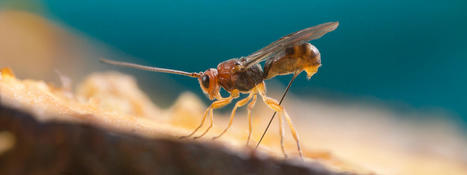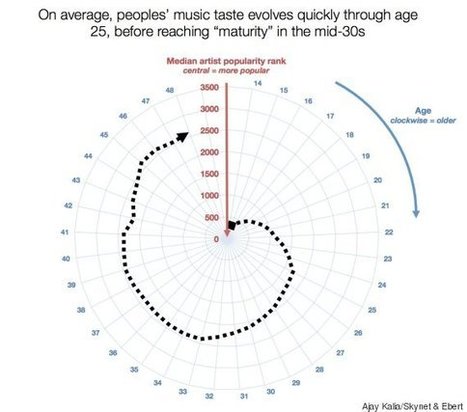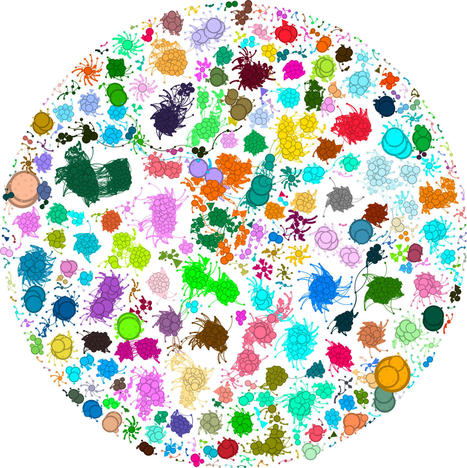To protect and rear their young, some insects have transformed wild viruses into tiny biological weapons. If you puncture the ovary of a wasp called Microplitis demolitor, viruses squirt out in vast quantities, shimmering like iridescent blue toothpaste. “It’s very beautiful, and just amazing that there’s so much virus made in there,” says Gaelen Burke, an entomologist at the University of Georgia. M. demolitor is a parasite that lays its eggs in caterpillars, and the particles in its ovaries are “domesticated” viruses that have been tuned to persist harmlessly in wasps and serve their purposes. The virus particles are injected into the caterpillar through the wasp’s stinger, along with the wasp’s own eggs. The viruses then dump their contents into the caterpillar’s cells, delivering genes that are unlike those in a normal virus. Those genes suppress the caterpillar’s immune system and control its development, turning it into a harmless nursery for the wasp’s young.
The insect world is full of species of parasitic wasps that spend their infancy eating other insects alive. And for reasons that scientists don’t fully understand, they have repeatedly adopted and tamed wild, disease-causing viruses and turned them into biological weapons. Half a dozen examples already are described, and new research hints at many more. By studying viruses at different stages of domestication, researchers today are untangling how the process unfolds.
Read the full article at: knowablemagazine.org
Via Juan Lama, Dr. Stefan Gruenwald



 Your new post is loading...
Your new post is loading...









